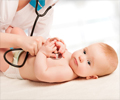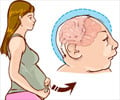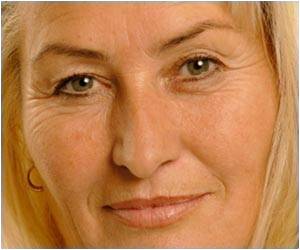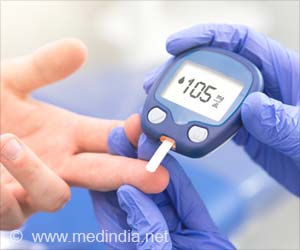International Congenital Heart Defect Day is marked each year on 14th February to raise awareness of genetic heart defects in children and adults,
Highlights: - According
to the Centre for Disease Control and Prevention, congenital heart defect
(CHD) is the leading birth defect causing infant and childhood death
- Almost
1 in every 100 babies is born with CHD
- CHD
is 25 times more common than a disease like cystic fibrosis.
Every year, February is marked as Congenital Heart Defect (CHD) awareness month with International Congenital Heart Defect (CHD) Day
marked on 14
th February.
Since CHD is one
of the leading birth defects seen among children, it is important to make clinicians, researchers, patients and
families and general public aware of this condition. Awareness is the key to
prevention. Awareness also disseminates knowledge about the condition and
educates families on how to care for a child with CHD and interventional steps
to be taken.
International
Congenital Heart Defect (CHD) Day
communicates to the public that the patients and families are not alone in
their suffering and there is a public platform for support. While CHD cannot be
cured, there are surgical options to correct these defects. Early screening and
diagnosis means a better chance at survival and normalcy. Children with CHD
should not be deprived of a normal childhood and hence early intervention is
the best step. CHD awareness day is important to enable physician and clinician
updates on current intervention strategies, screening and diagnostics for CHD.
A dedicated day and week can reinforce the message of early
screening and diagnostic to deliver the best quality of care for affected
infants and babies. Neonatologists and pediatric cardiologists can use this
public platform to create cascade awareness of CHD. A common birth defect like
CHD should be able to pull in all public health resources to lower the rate of
live births with CHD. Since CHD impacts the lives of babies and children, it is
important for all sections of the community to be involved in awareness and
prevention.
Awareness is the first step towards prevention. CHD day is a
day to create a strong platform of awareness for expectant mothers to take
precautionary steps. Some simple measures include:
- Avoiding alcohol
and smoking during pregnancy. There is no safe amount of alcohol during
pregnancy and it must be totally avoided
- Taking folic acid
every day can play an important role in preventing CHD as well as other
birth defects like spina bifida. A pregnant woman requires at least 400 mg
of folic acid daily
- Keeping your blood sugar in check, if you have diabetes. Eat healthy and stick to your
prescribed meds to keep your blood sugar in good control
- Do not take
unwanted medications without consulting your doctor first. Do not resort
to taking vitamins or other supplements without consulting your doctor
- Keeping your weight in check, and maintaining a healthy weight during pregnancy
- Making sure you have been vaccinated for viruses like measles and
rubella
- Checking your family history in case anyone has had a case of CHD in
which case you must talk to your doctor
CHD can be prevented with the above simple measures.
However, CHD can also be treated if diagnosed at the right time. The children
of the world deserve a pain-free childhood and it is important for clinicians,
researchers, health professionals and the public to be aware of the painful
consequences of CHD to prevent it and treat it on time.
What is Congenital Heart Defect (CHD)?
Congenital heart defect is the most common type of
birth defect,
that affects 8 out of 1000 newborn
children. CHD relates to defective structures in the heart.
These defects can
include:
- heart valves
- interior valves
in the heart
- arteries and
veins carrying blood to the heart
The most common CHDs are septum defects and tetralogy of
Fallot. Some of these defects require no intervention while some require
immediate surgical intervention and special care. If detected early and
treated, children with CHD can live normal, productive lives as adults. Babies
with critical CHDs must be treated within one year of age. However, 25% of
children do not receive adequate care and this can affect normal growth and
progress into adulthood. Early screening and diagnosis is important to prevent
deterioration and it is important for neonatologists to screen newborn babies
thoroughly.
References:
- Congenital Heart Defects - (https://www.nhlbi.nih.gov/health-topics/congenital-heart-defects)
- CHDAware – CHD Awareness Week 2017 - (http://conqueringchd.org/chdaware-chd-awareness-week-2017/)
- CHD Awareness Information and Suggestions - (https://www.littlehearts.org/Content/CHD_Awareness_Information_and_Suggestions.asp)
Source-Medindia
















